Our History


Foundation
As the second decade of the 20th century dawned Ireland was braced for profound political change. Parliamentary reform in Westminster removed the House of Lords veto on Home Rule for Ireland. Constitutional nationalist forces prepared for the new dispensation, while in the North East of the country those pledged to the union between Britain and Ireland mobilised to prevent, or at least restrict, the impending Home Rule legislation.
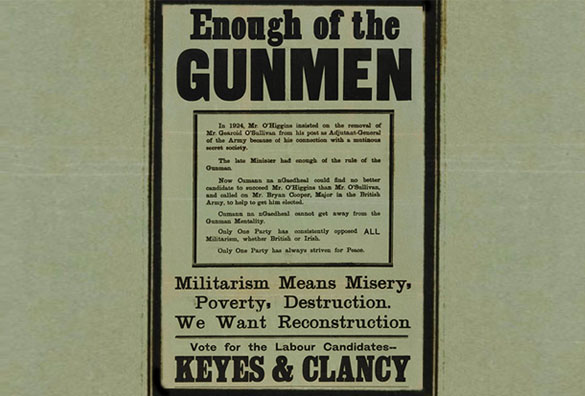
Building Democracy
The foundation of Dáil Éireann and Britain’s opposition to any element of independence resulted in the War of Independence, which eventually led to the signing of the Treaty in December 1921. The Treaty between Ireland and Britain established an Irish Free State, with dominion status within the British empire. The Sinn Féin party split over the terms of the Treaty, which was passed by Dáil Éireann. As an election was held in June 1922 the prospect of Civil War loomed.
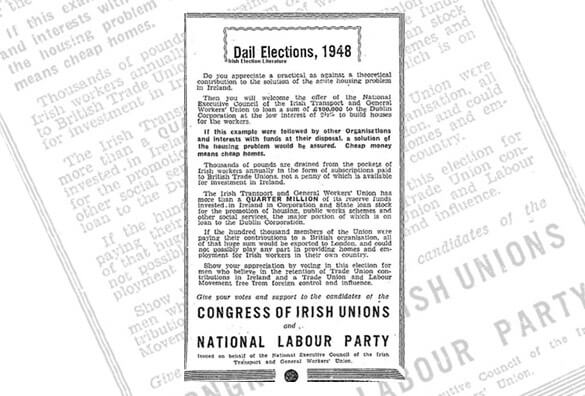
Government - Triumph and Trials
Despite these tensions both Labour Parties served in the coalition government formed after the 1948 election. The government continued until 1951, a time when the split in the movement was healed. Labour’s contribution during its first period in government was impressive, it had a large influence on government policy and proved to be a stable coalition partner. The Party’s success in providing public housing during this time is one of its outstanding achievements. In 1947 just 744 social houses had been constructed, while in 1951 alone 7,000 local authority houses were completed.
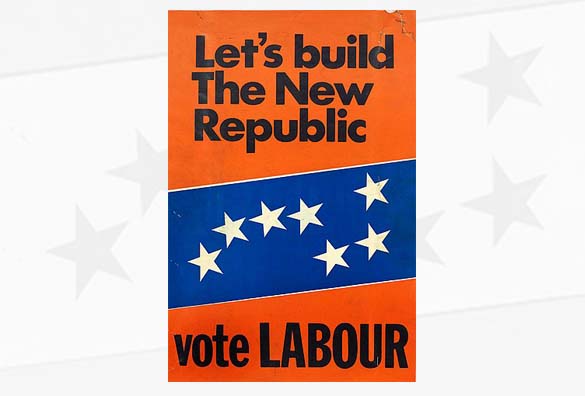
The New Republic
The late 1960s in particular saw a younger generation of activists join the Party and the Party put forward a radical left-of-centre agenda, often in the face of smears and slurs from conservative elements in Irish society. Roddy Connolly, James Connolly’s son, took a prominent role in the Party, becoming Party Chairperson in 1971, a position he would hold for most of the decade. These years also saw the formation of the Labour Women’s National Council, which advised the Party on equality and gender issues and campaigned for a greater role for women within the Party and in broader Irish society.
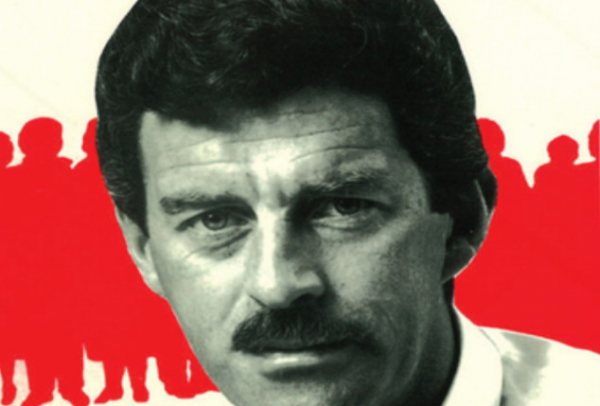
Spring Tide
However, the 1981 election failed to deliver a breakthrough for the Party and members were shocked when Frank Cluskey lost his seat, to be replaced by Michael O’Leary. Irish politics now witnessed a period of unprecedented instability with three general elections in less than 18 months. O’Leary resigned from the leadership after a conference defeat on the issue of coalition in October 1982 and he was replaced by 32 year old Dick Spring, who was first elected to the Dáil in June 1981.
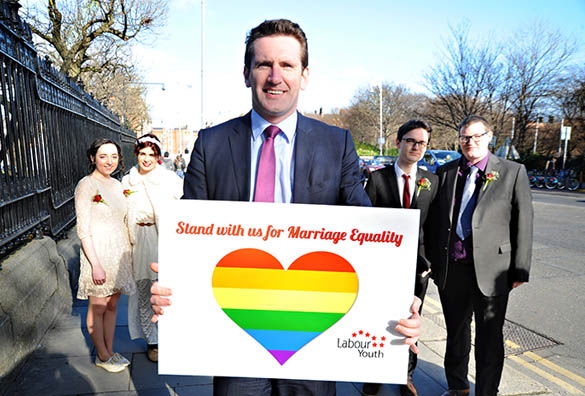
Shaping the Modern Ireland
Spring, Labour’s most successful leader to date, resigned from the leadership that autumn and was succeeded by Ruairí Quinn, with Brendan Howlin as his Deputy Leader.
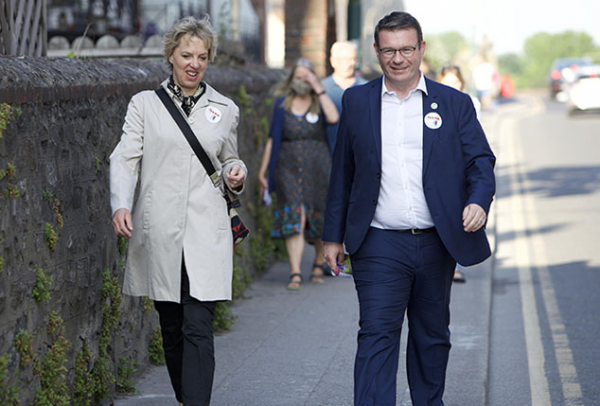
The Labour Party Today
From 2011-2016, Labour in government prioritised the rights and needs of workers. The biggest priority was to get people back to work and from 2011-2016 135,000 new jobs were created.